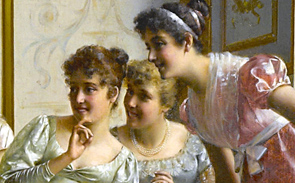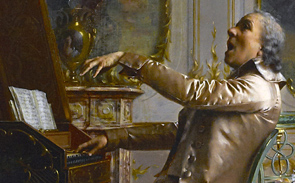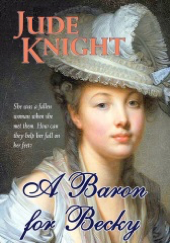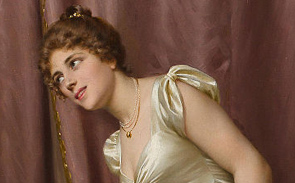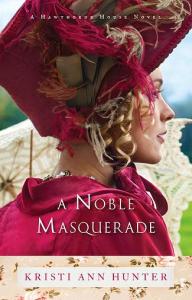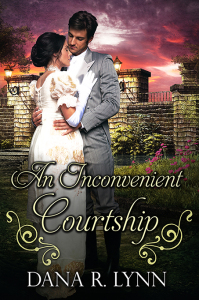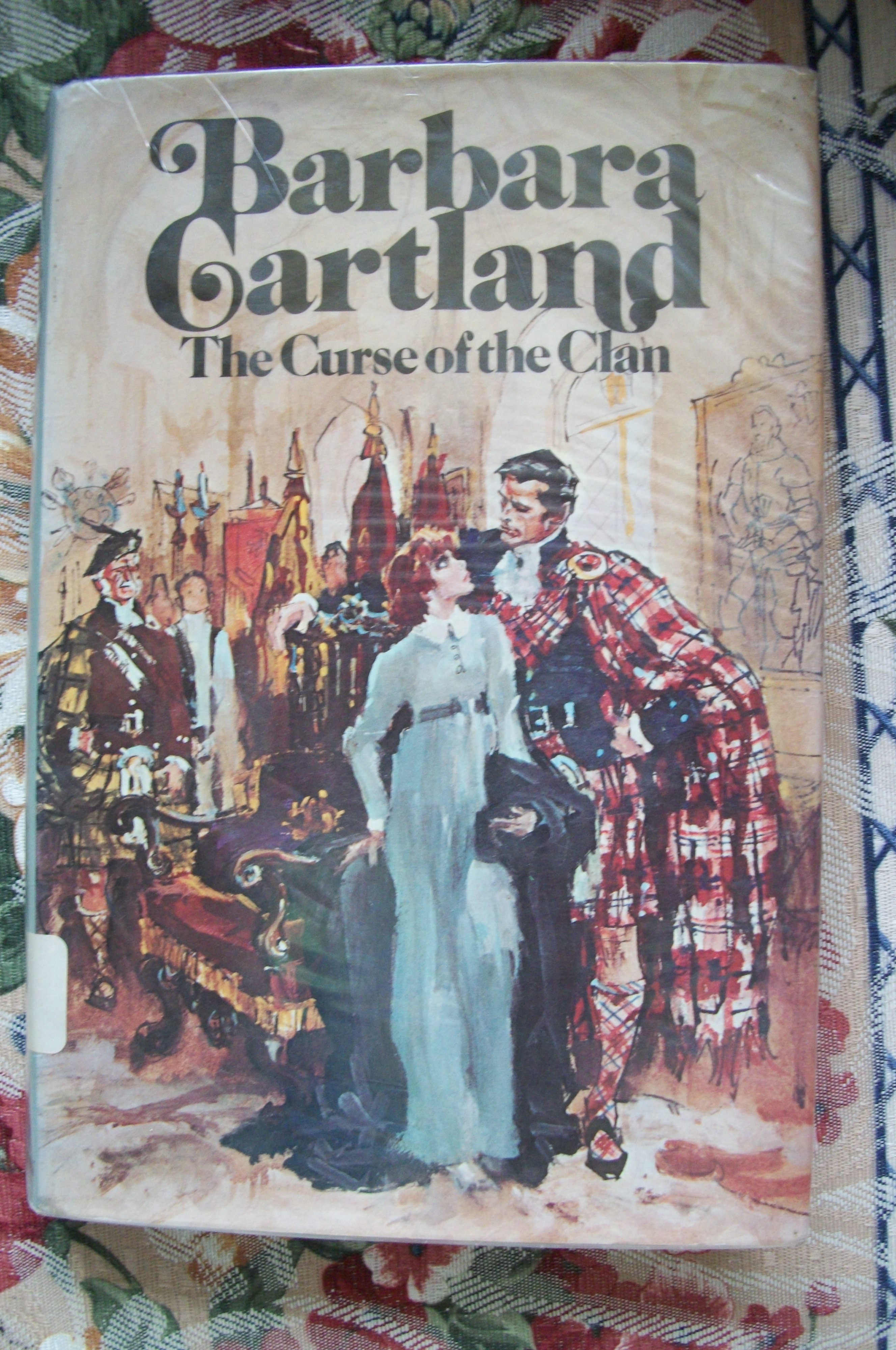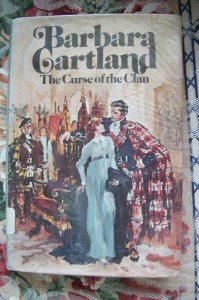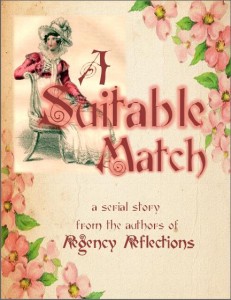 To kick off the second year of celebrating Inspirational Regency fiction, we presented a serial story, A Suitable Match. At the end of the month we’ll be giving away a fabulous prize package filled with items tied to the story.
To kick off the second year of celebrating Inspirational Regency fiction, we presented a serial story, A Suitable Match. At the end of the month we’ll be giving away a fabulous prize package filled with items tied to the story.
Missed an earlier section? Read it here: 1 2 3 4
The George and Pelican Inn, somewhere between Somerset and London
April 1818
“Gone? She can’t be gone!” Chard glanced at Twiford who uttered the same words, the panic and disbelief in his voice mirroring Chard’s.
“I’m sorry, my lord, but I checked her room myself. It’s empty.” The servant shuffled his feet, probably in anticipation of fleeing the company of two angry peers.
Lord Twiford stomped from the room with Chard on his heels. If she had left, she couldn’t have gone far.
***
Cressida pressed her ear to the doorjamb, careful not to scrape it against the rough wood. A little ache and discomfort was one thing. Some things had to be suffered through in order to achieve the desired result, after all. A mass of splinters in the side of her face was another thing entirely, and something to be avoided if at all possible.
Her nose flattened as she pressed into the door, peering through the knothole. If she angled her head just right, she could see the counter at the bottom of the stairs where the innkeeper did business.
Moments earlier the innkeeper had informed the servant that she had vacated her rooms, implying that she had departed from the inn entirely. The man had been hesitant to give her a new room late last night so she could fool the men into thinking she was gone, but an old silver locket had been enough to purchase the new room and his cooperation.
She hated to part with any of her inherited jewels, but this trinket was by far the least valuable. Besides, it was worth it if it allowed her to escape the company of the men from her past.
“What is the meaning of this nonsense?” Lord Twiford’s voice shot up the stairs followed by the reverberation of his pounding on the innkeeper’s counter.
It was too bad that such a contrary disposition wore such a pleasing appearance.
Lord Chard joined the party, adding his own demands that the innkeeper tell him how she had left the premises. Cressida’s heartbeat rushed a little louder through her abused ear. Recollections of stolen kisses and quiet talks flooded her mind. The years had not done enough to dampen the memories of her engagement. How could she possibly find another man to wed in London where frolicking dances and intimate rides in the park would forever make her think of him?
“This is just like her,” Twiford ranted. “Thoughtless. Frivolous.”
It appeared his opinion of her had not improved over the years. Spoiled, careless, and vain were going to be his next insults if memory served correctly.
“Cease, Twiford. She doesn’t deserve your disdain now any more than she did then.” Chard beat his hat against his leg, looking past the innkeeper into the common room beyond. Was he hoping she would be sitting amongst the locals enjoying a cup of tea?
“I will never understand why you jump to her defense so quickly. Are you saying you approve of this reckless behavior?”
A smile crept across Cressida’s lips. Chard had defended her back then? She’d always wondered.
“Of course I don’t approve. It shows she’s never outgrown that blasted impulsiveness that had her breaking our engagement. She may be a bit self-absorbed but that’s no reason to malign her.”
Cressida’s smile fell into a frown. Breaking their engagement had not been a fit of selfish impulsiveness. How dare he discount her sacrifice on his behalf?
“I always thought her desertion of you was rather noble, myself.” Twiford strode out of her line of vision. “You needed money, she didn’t have any. She probably thought she was doing you a favor.”
She pressed a hand to her forehead and abandoned her knot hole to rest her head on the solidity of the wall, feeling dizzy despite her prone position stretched along the floor of her new room, just two doors down from her old one. Men! If they could just decide on whether or not they disliked her, they could go on to London and leave her to figure out her own transportation. The locket she’d given the innkeeper might be enough to rent her a post chaise to continue the journey.
“Pardon me, gentlemen, but could you direct me to Miss Cressida Blackstone?”
Cressida’s eyes flew open. She jammed her face against the door and felt a prick as a prong of wood stabbed her in the ear. Ross Ainsworth had recovered sufficiently from his head wound and decided to join the drama at the innkeeper’s desk.
“Who are you?” Chard demanded.
“Her driver,” Twiford mumbled at the same time that Ross declared, “Her cousin.”
“How distant?” The menace in Twiford’s voice crawled up the stairs and wrapped around her throat. She could feel his displeasure, it was so thick.
Ross’s eyebrows lowered. “Distant enough. Who are you?”
Chard jerked his gaze from one man to the other. “What is going on here?”
Twiford jutted his chin toward Ross. “He nearly killed Miss Blackstone with his reckless driving.”
“I was merely trying to get her to London as soon as possible.”
“You landed her in a river instead. I brought her here to recover.”
Ross took a slow step forward, his scraped hands balling into fists at his sides. “So help me, my lord, if you have dishonored her-“
“Me? I wasn’t the one traveling to London without a proper chaperone.”
Chard stepped between the two men before they could exchange blows. “Gentlemen, calm yourselves. We all know that Cressy – Miss Blackstone would never do anything untoward, despite how the situation might appear.”
An odd warmth filled Cressida’s midsection. It took a moment to recognize it as pleased surprise that he would defend her honor. But which “he” had caused the pleasure?
Twiford grunted. “We may not know Miss Cressida Blackstone as well as we thought. The woman has run off alone in the middle of the night after all.”
The three men leaned over the counter, addressing the nervous innkeeper. “How did she leave?” Chard asked.
“Er, well, I’m not certain, my lord. She mentioned taking a post chaise to London.”
“Then she hasn’t left,” Ross declared.
“Why not?” Twiford asked.
“I spent the night in the stable, as you so comfortably situated me. No conveyances have left the inn in the last several hours.”
“She might have walked.” Chard rubbed the back of his neck, shifting his weight back and forth as if he wanted to do something, anything, other than stand around discussing the situation.
“We could set out in different directions on horseback. It wouldn’t take long to catch up with her.” Ross grimaced, probably thinking of the agony putting his battered body on a galloping horse would cause.
“It certainly speaks ill of a man that he would allow a gentlewoman to stride into the night unescorted,” Twiford added
The men exchanged glances and then glared at the innkeeper. The man coughed and ran a finger between his neck and cravat.
A young servant girl slipped around them, carrying a loaded tray of tea, toast, and Cressida’s favorite orange marmalade.
Twiford held out a hand, stopping her progress. “If I may be so bold as to inquire, where are you taking that?”
“To the young lady upstairs, my lord. Her maid, Knighting, said to bring it up this morning, as her mistress would be indisposed and unable to come down.” The maid bit her lip as she looked from the three men to the innkeeper.
Cressida’s heart stopped. Her breath turned to stone in her lungs. This couldn’t be happening. She’d been so close.
“Where is this ‘indisposed’ young lady?” Chard asked.
Lie! she screamed in her head, willing the servant girl to tell them she was staying in a room at the back, or that she’d been wrong and it was actually an old woman, or, better yet, a child. Anything to buy her just a little more time, though Cressida had no idea what she would do with those precious seconds.
“In the room at the top of the stairs, my lord.”
So much for that wish.
The three men turned and looked up the stairs, right at her little knothole.
* Section 5 was written by Kristi Ann Hunter, blog.KristiAnnHunter.com *
Did you find the hidden item? Note it in the comments below for a chance to win.
Don’t forget that the readers will ultimately choose who truly loves Cressida, and whom she loves in return. Already have a favorite? Go vote for him! Want everyone else to vote for him too? Grab a voting badge from the Suitable Match Extras page.
What do you think the gentlemen are going to do next? Read the next installment!
Originally posted in 2013.
Originally posted 2015-10-18 22:11:25.
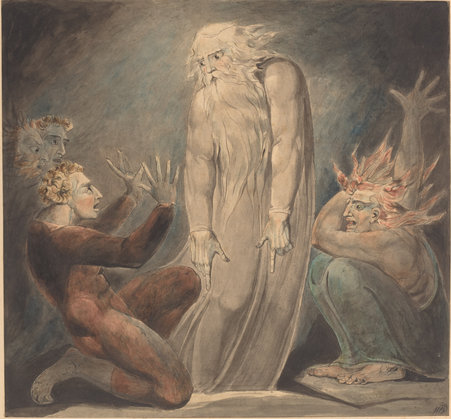

 To kick off the second year of celebrating Inspirational Regency fiction, we presented a serial story, A Suitable Match. At the end of the month we’ll be giving away a fabulous prize package filled with items tied to the story.
To kick off the second year of celebrating Inspirational Regency fiction, we presented a serial story, A Suitable Match. At the end of the month we’ll be giving away a fabulous prize package filled with items tied to the story. 